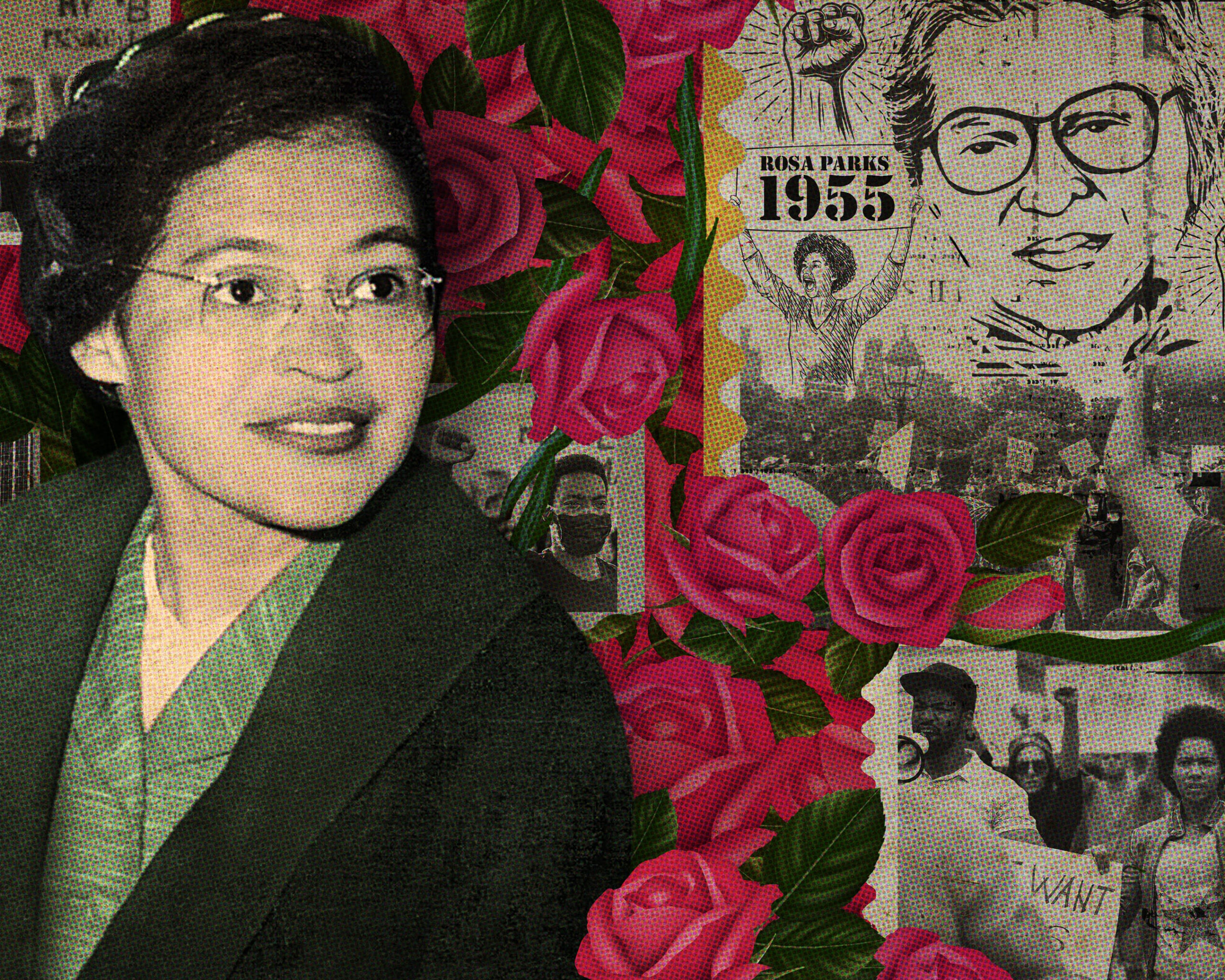The Rebellious Life of Mrs. Rosa Parks (Beacon Press, 2013), a best-selling book by Distinguished Professor of Political Science Jeanne Theoharis, has been hailed by critics and historians as compelling scholarship that flipped on its head the narrative of one of the most well-known names in civil rights history. In 2022, it was made into a documentary of the same name, produced by award-winning journalist Soledad O’Brien for the Peacock network.
In just the past week, the documentary raked in two notable accolades: a Peabody Award, considered one of the most prominent to honor broadcast, streaming, and interactive media; and a Television Academy Honor Award, granted by the same organization that awards the Emmys, for “television with a conscience.”

Distinguished Professor of Political Science Jeanne Theoharis.
“It was such an honor to have my book adapted into this documentary and to serve as a consulting producer on that project and build a curriculum around the film,” said Theoharis. “And it’s just tremendous—and so very moving—to have it recognized with a Peabody Award and a Television Academy Honor Award.”
The Peabody organization hailed the documentary for “giving viewers a complex account of this courageous American and her marvelous American story of Black resistance and movement for social and racial justice.”
The documentary has also won a Gracie Award for Best Historical Documentary from the Alliance for Women in Media and the Erik Barnouw Award from the Organization of American Historians. The book, which was adapted by Theoharis into a young adult edition, has spurred history curriculum across the country and won a 2014 NAACP Image Award for Outstanding Literary Work Biography/Auto-Biography and the 2013 Letitia Woods Brown Memorial Book Prize from the Association of Black Women Historians.
Theoharis has been humbled by all the esteem but mostly glad the world has gotten a better sense of the iconic figure beyond the singular moment for which she was known.
“While most of us can recognize Rosa Parks, few of us can call up her voice in our head. She is seen but not heard, reduced to that one day on a Montgomery bus,” she said. “My book sought to get her off the bus to see her ‘life history of being rebellious,’ as she put it.”



